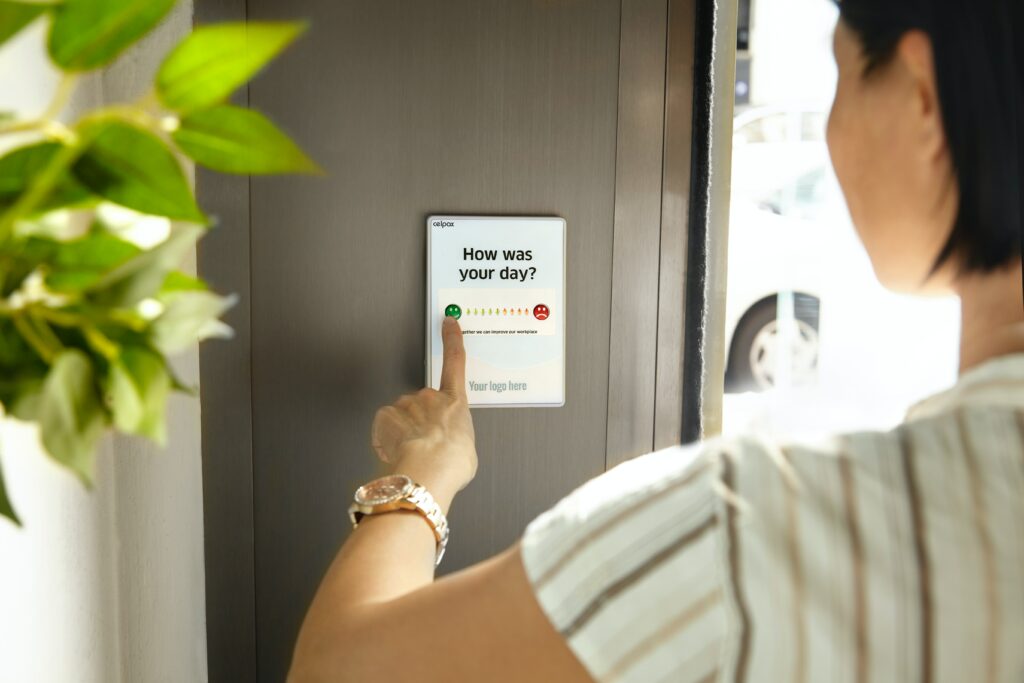team cohesion
Unlocking Success and Satisfaction: Why Multifamily Leaders Must Align Careers with Core Values

Photo by Celpax on Unsplash
Human-centric leadership is more than a choice. It is a necessity. Aligning your career with your values isn’t just good advice—it’s crucial for long-term success and mental well-being. This alignment between career and values is a north star, enabling multifamily leaders to make grounded decisions even during turbulent times.
Let’s start with a foundational element: your values act as a personal GPS. When values are in sync with your career, it enables better decision-making. Without this, cognitive dissonance is inevitable. For instance, if your values revolve around sustainability and social responsibility, working in an organization solely fixated on the bottom line at all costs will create internal conflict. You may question your career choice, which often manifests as poor performance or dissatisfaction.
Building community is core to multifamily. You’re in the right field if community engagement and camaraderie are among your core values. But even within this, you’ll find variances. Some PM companies may be more invested in PropTech innovations aiming for maximum efficiencies, while others may prioritize the richness of human connection within the community.
So, how does one align their career with their values in the multifamily industry?
- Self-Audit: Begin by identifying what values resonate with you. This introspection will set the stage for further alignment. Tools like the Values Card Sort by Leanintuit can help in this exercise.
- Strategic Job Selection: When considering job roles or investment opportunities, look beyond the economics. Research the company culture and ask pointed questions during interviews to gauge value alignment.
- Cultural Contribution: Once you’re in a role that aligns with your values, work to imbue the organizational culture with those values. Use strategies like human-centric marketing and value-driven solutions to make a larger impact.
- Continued Reevaluation: This isn’t a ‘set and forget’ mechanism. Revisit your values and their alignment with your career regularly, particularly when making major decisions.
Aligning your career with your values also merits employee engagement and team cohesion. When your team recognizes that you operate from defined values, it creates an atmosphere of trust and authenticity, allowing for a more harmonious and productive work environment. This is paramount in an industry that thrives on relationships with those who live in your communities and those who work alongside you.
Share this:
The Pivotal Question in Leadership Conversations: Personal Well-being Checks

Photo by Emily Underworld on Unsplash
Building a sustainable organizational culture often depends on one pivotal question: “How are you doing personally?” Leaders might grapple with daily responsibilities, from the next shiny new PropTech innovation to systems optimization. Yet, the heart of an organization, its culture, thrives on a foundation built from genuine human connection
Any leader can direct a meeting, set targets, or chart strategies. But to mold a culture of trust, understanding, and motivation, it’s imperative to prioritize the personal well-being of each team member.
Starting one-on-one conversations with this seemingly simple question goes beyond conventional leadership practices. It signals that you regard the individual before their role in your organization. For leaders who champion human-centric leadership, this approach resonates with the belief that when individuals feel valued and understood, they naturally align with the organization’s objectives.
While it’s tempting to dive directly into project updates or performance metrics during one-on-ones, initiating a personal check-in achieves two critical objectives. First, it establishes a safe space. When faced with challenges outside of work, many people can find their performance and motivation impacted. By understanding these external factors, leaders can offer support, flexibility, or resources, creating an environment where individuals feel supported professionally and personally.
Secondly, it fosters a culture of vulnerability and authenticity. In an era where authenticity is paramount, team members yearn for the leadership they can connect with, not just report to. By broaching personal topics, leaders demonstrate vulnerability, setting the stage for open, honest, and constructive dialogues.
This doesn’t suggest that every conversation must delve deep into personal territories. The intent isn’t to pry but to offer an avenue for expression. Even if a team member chooses to keep things professional, asking underscores their well-being is a priority.
Such conversations remind everyone that the human element remains irreplaceable amidst the whirlwind of progress and innovation.
This may appear contrarian to many, especially when time is of the essence, and there are pressing matters to address. However, the long-term dividends of such an approach in terms of team cohesion, loyalty, and motivation can be game-changing.
The essence of human-centric leadership lies in recognizing the profound impact of personal well-being on professional performance. As leaders in multifamily look to tease out human potential and craft thriving organizational cultures, the question, “How are you doing personally?” could be the most transformative one they ask.

